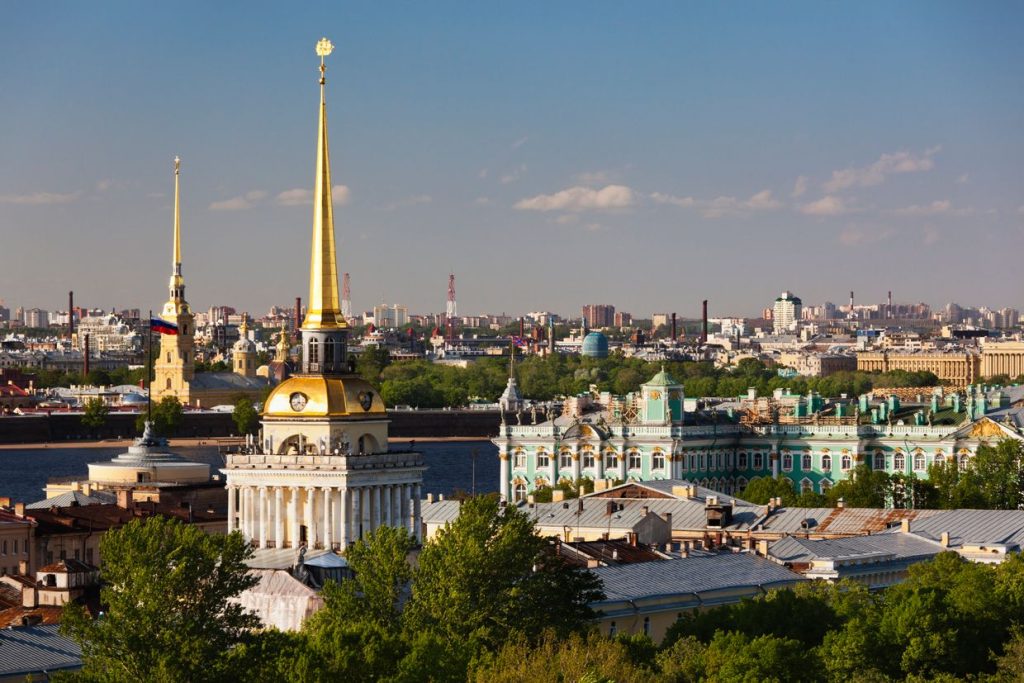Elena Komaricheva, a woman from Saint Petersburg, was sentenced to 10 years in prison for attempting to burn down a military enlistment office in June 2023. She was accused of receiving instructions from an unknown source on how to make Molotov cocktails and causing damage worth around $418. This incident was part of a series of arson attacks on military enlistment offices in Russia following a general mobilization campaign in September 2022, in which hundreds of thousands of reservists were brought into the army. Despite the peak of mobilization subsiding, attacks on enlistment offices continued, with at least 28 attempts reported in a five day period in August 2023.
In November 2023, a 17-year-old was sentenced to six years in a penal colony for attempting to burn down enlistment centers in Kirovsk and Saint Petersburg. The increase in arson attacks on Russian enlistment offices in the past six months has been linked to a sense of disaffection among the Russian population as the country’s invasion of Ukraine continues. The UK Defense Ministry believes that the attacks may be a sign of unrest amid the ongoing war and potential second wave of mobilization, reflecting a growing discontent within Russian society. This assessment highlights the potential social and political implications of the increasing violence against military institutions in Russia.
Amidst these tensions, the Russian government has been facing challenges in maintaining security and stability within the country. The wave of arson attacks on military enlistment offices poses a threat to the authorities and raises concerns about the potential for further unrest. The persistence of such attacks indicates a deepening crisis within Russian society, with individuals resorting to extreme measures to express their grievances and opposition to government policies. The continued violence against military institutions reflects a broader dissatisfaction with the government’s actions and decisions, as well as a growing sense of disillusionment among the population.
The Russian government’s response to these incidents has been to crack down on dissent and tighten security measures to prevent further attacks. The sentencing of individuals involved in arson attacks on military enlistment offices, such as Elena Komaricheva and the 17-year-old in Saint Petersburg, is part of a broader effort to suppress dissent and maintain control over the population. However, this approach may exacerbate tensions and fuel further anti-government sentiment, leading to more acts of violence and resistance against the authorities. The government’s heavy-handed tactics may only serve to deepen the rift between the state and its citizens, exacerbating the underlying issues driving the unrest.
The escalation of violence in Russia, particularly against military institutions, underscores the growing social and political challenges facing the country. The wave of arson attacks on enlistment offices reflects a broader crisis of legitimacy and trust in the government, as well as increasing social and economic pressures on the population. The ongoing conflict in Ukraine and the potential for further mobilization have exacerbated these tensions, leading to acts of resistance and defiance against the authorities. The Russian government’s response to these challenges will be critical in determining the future trajectory of the country and its ability to address the underlying causes of discontent and unrest.


